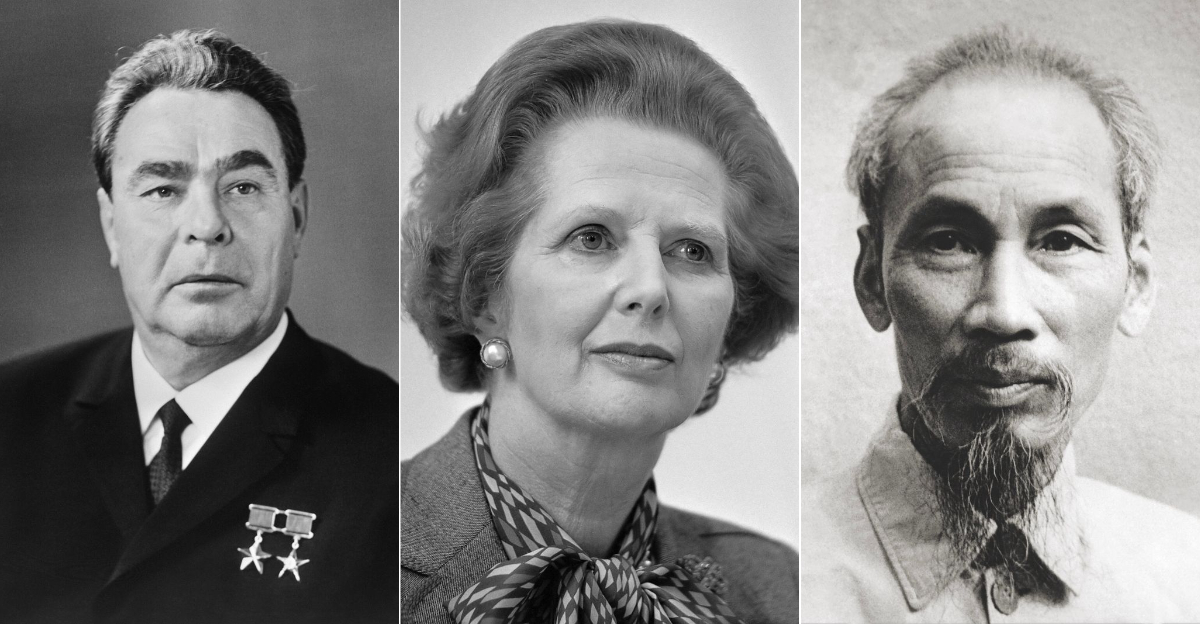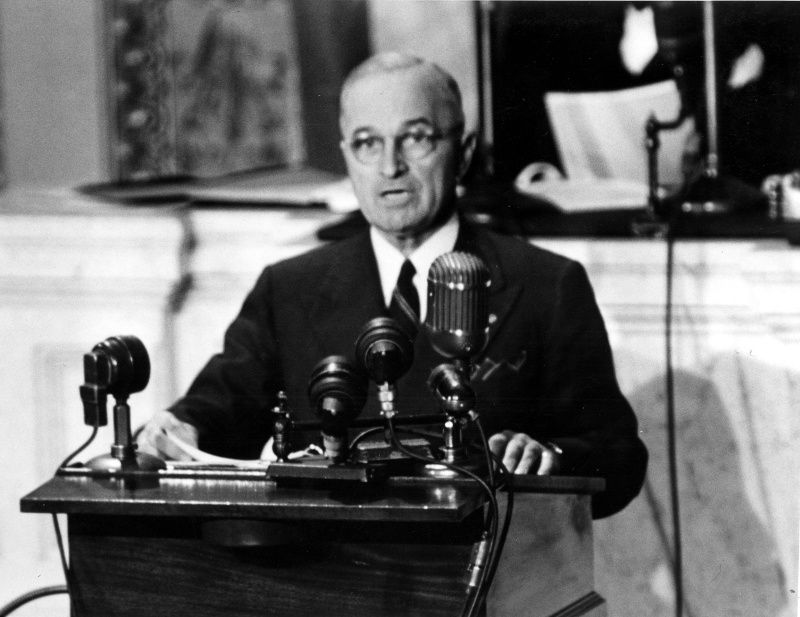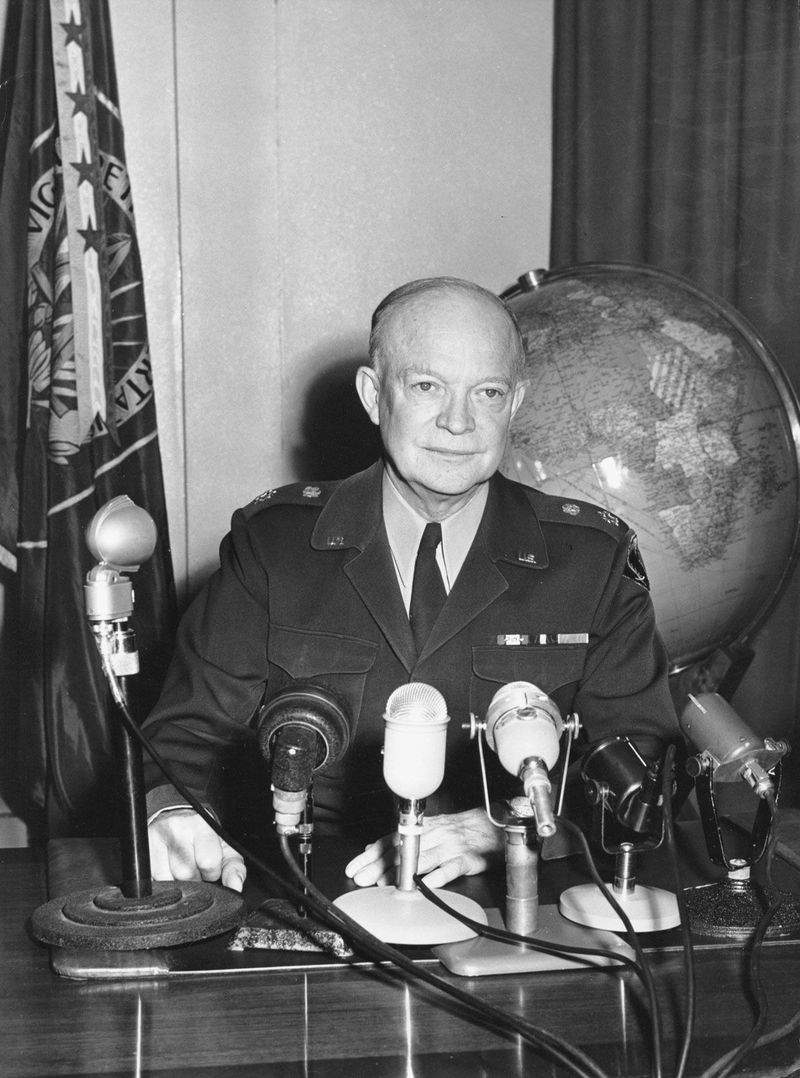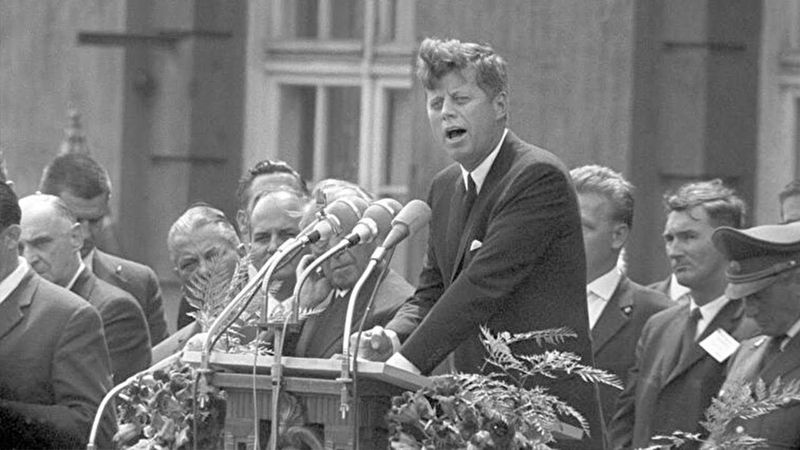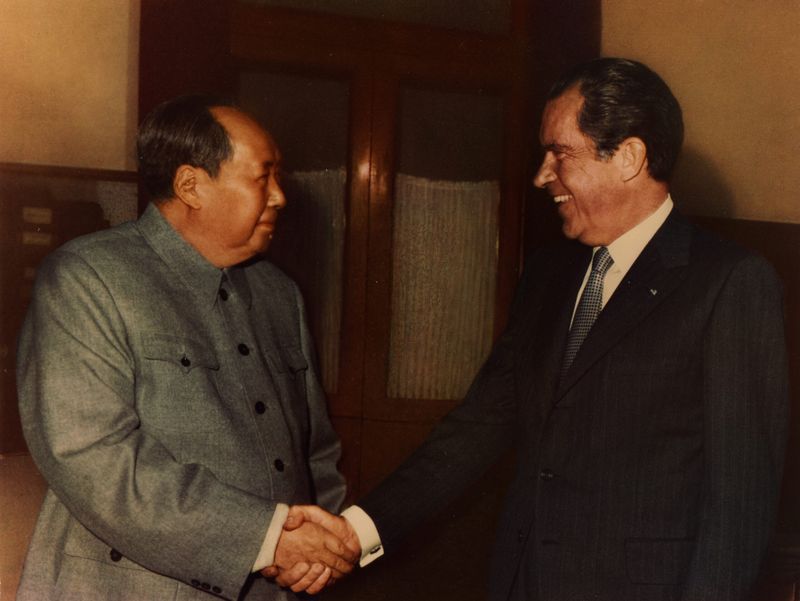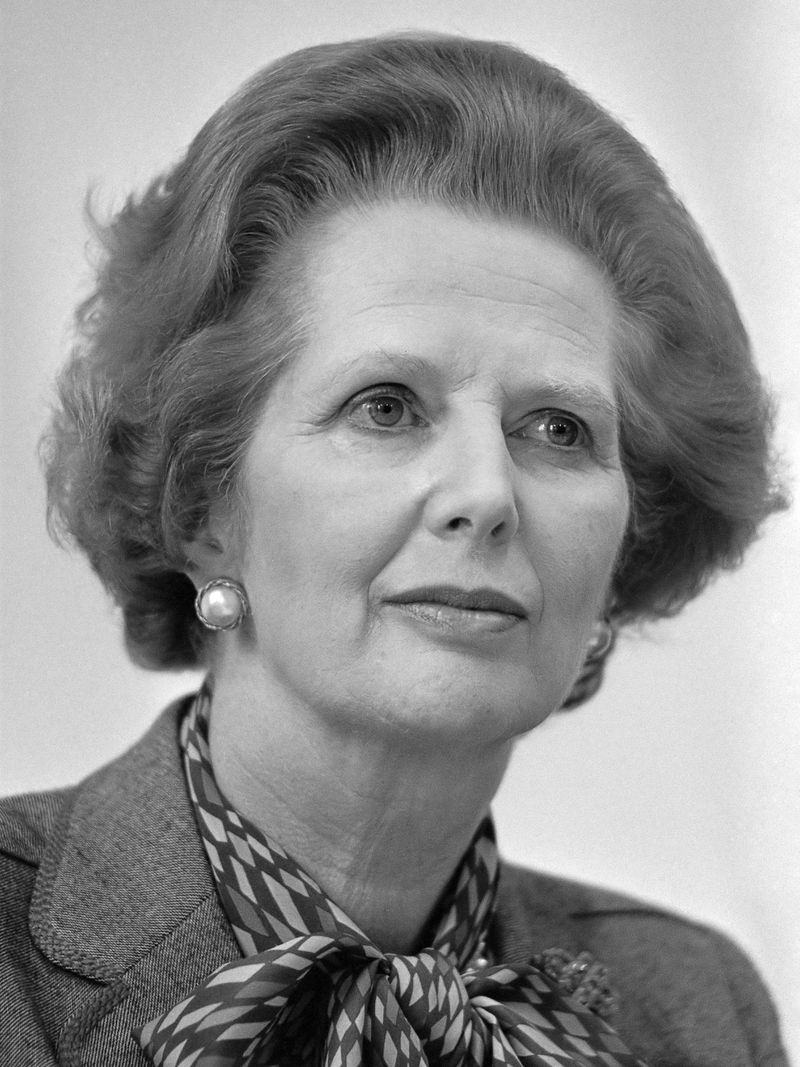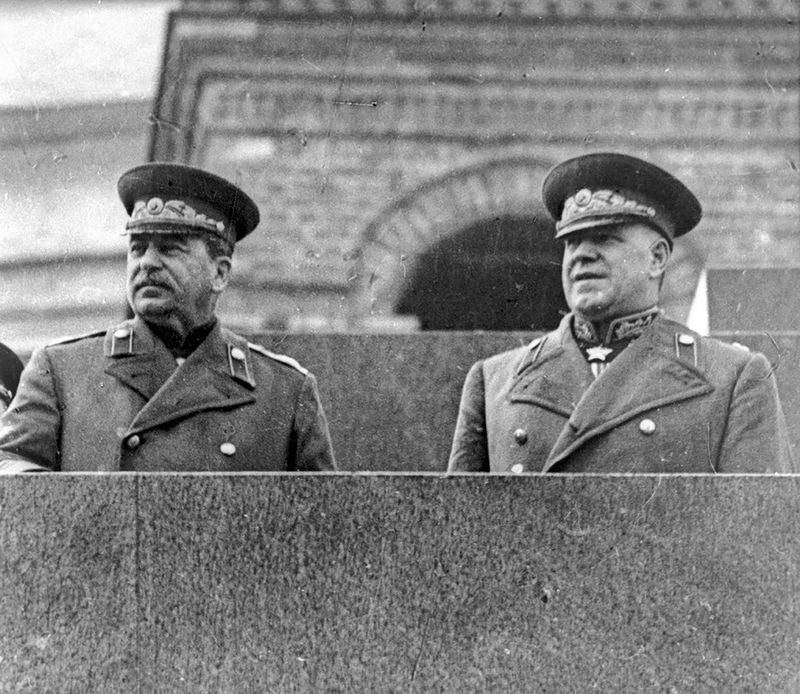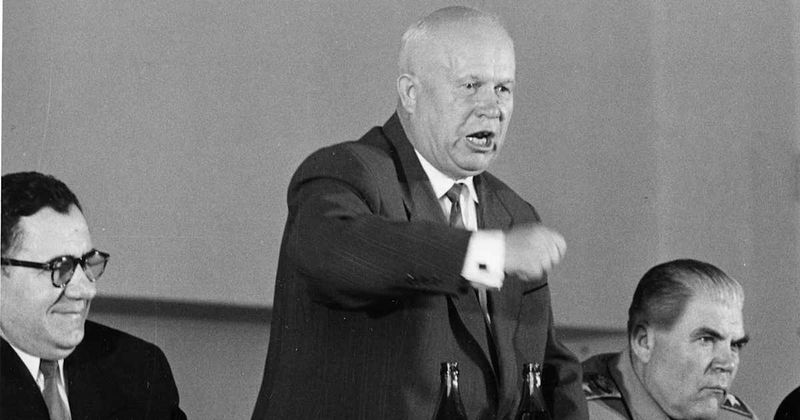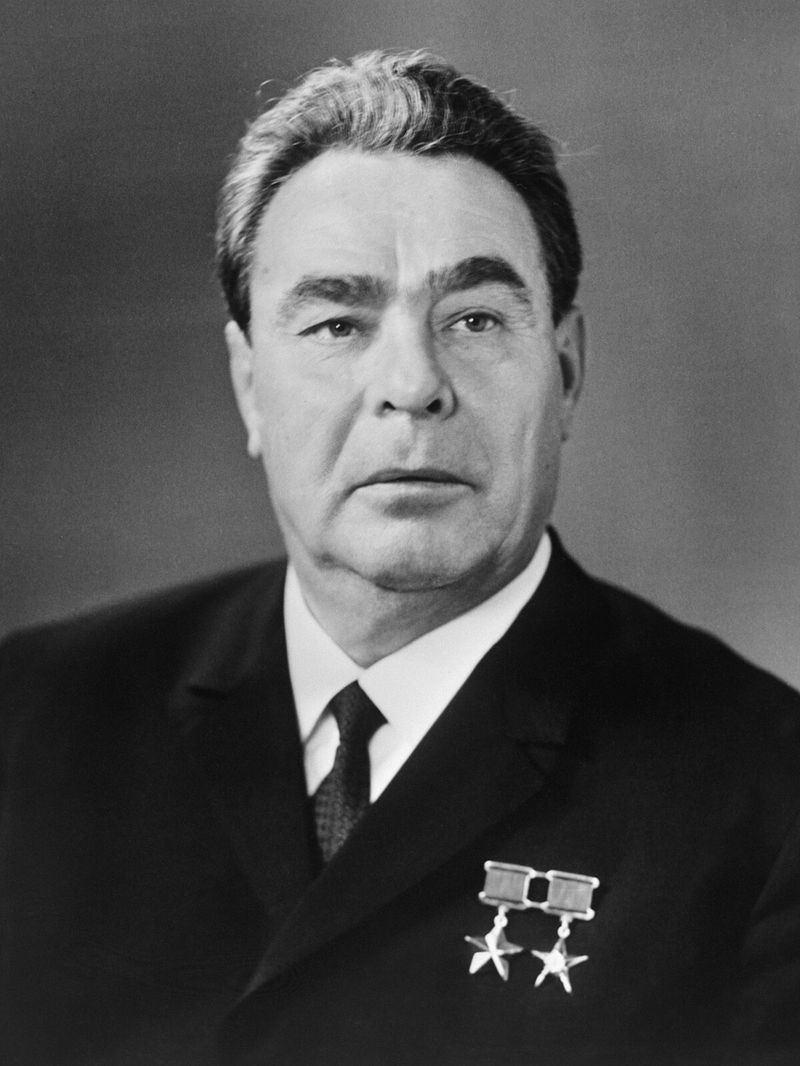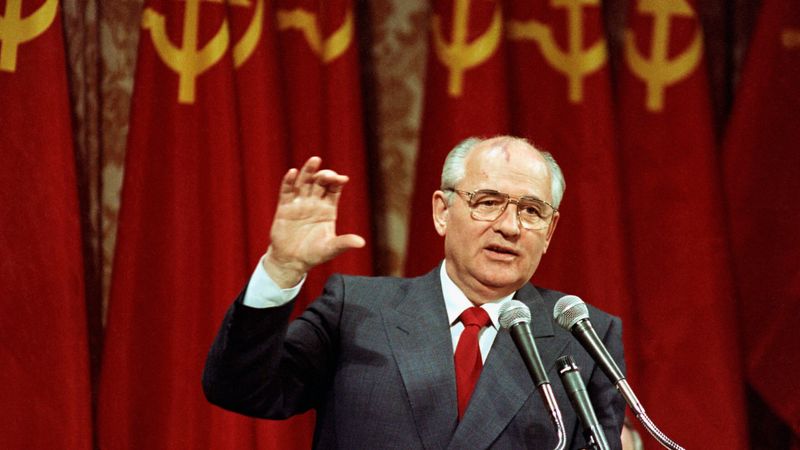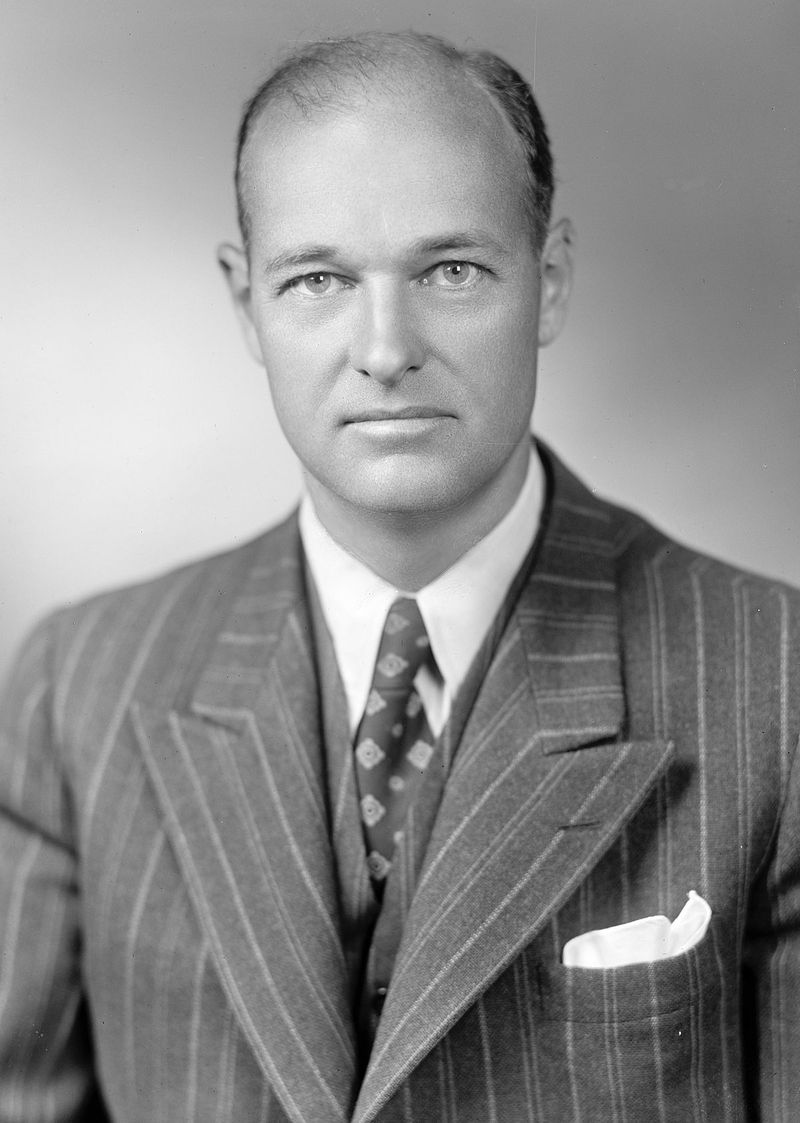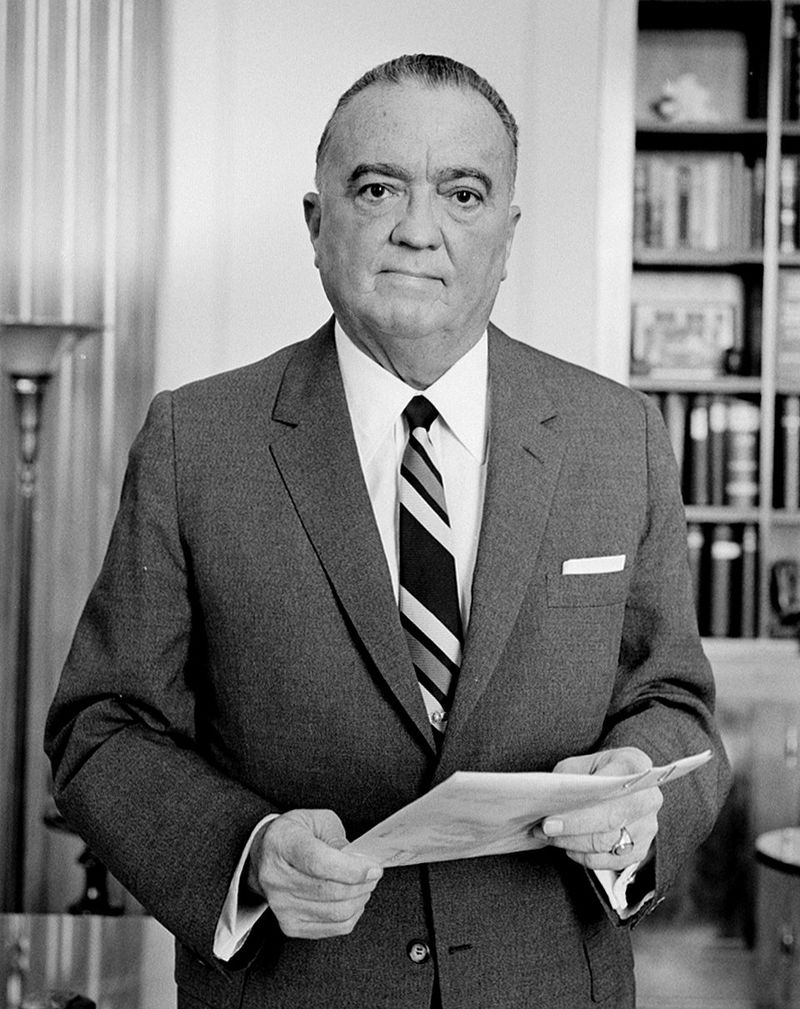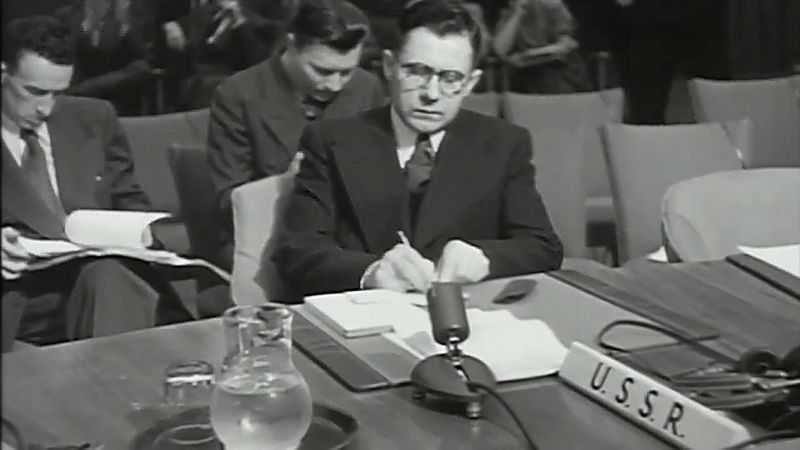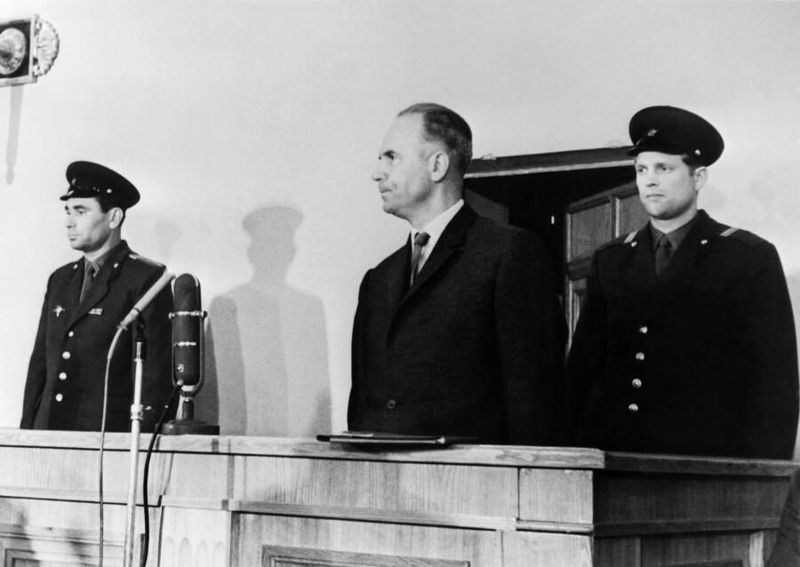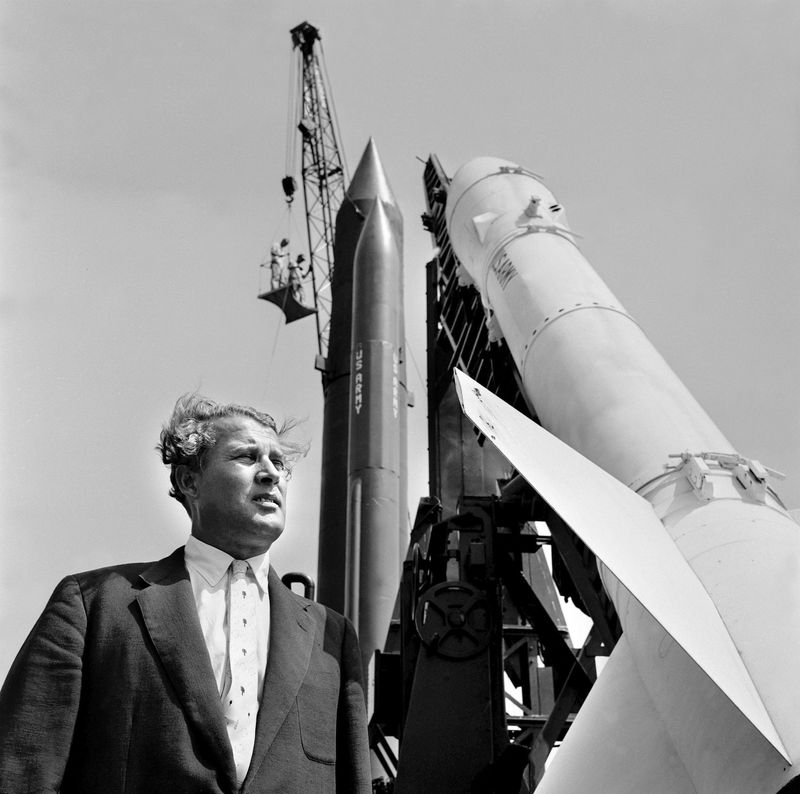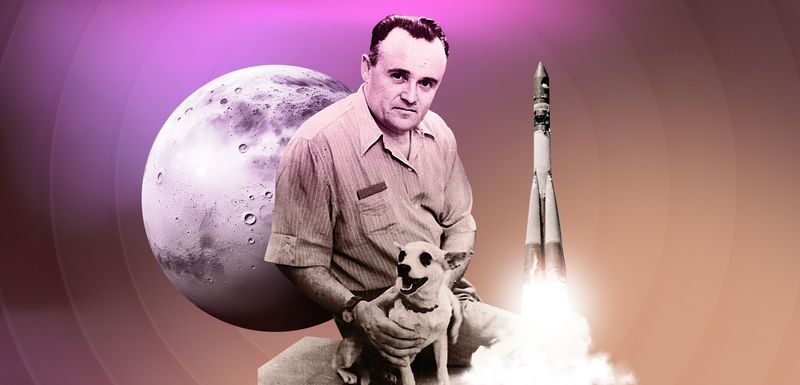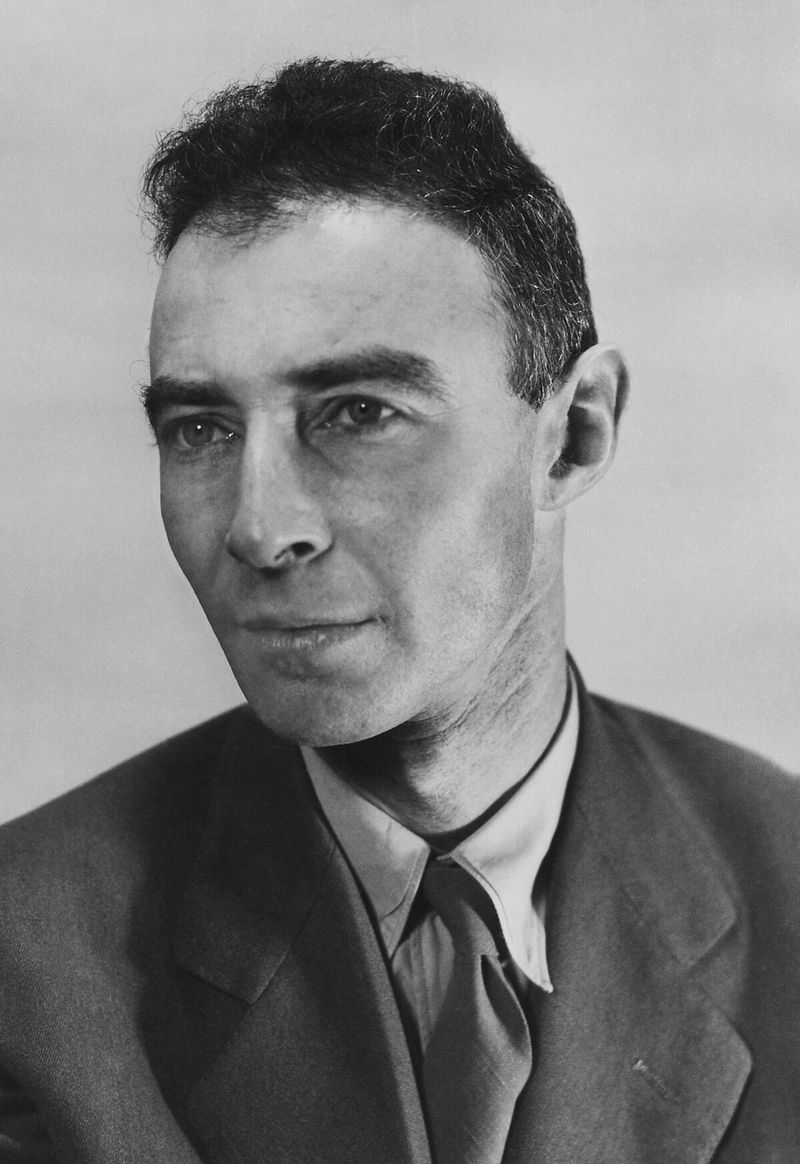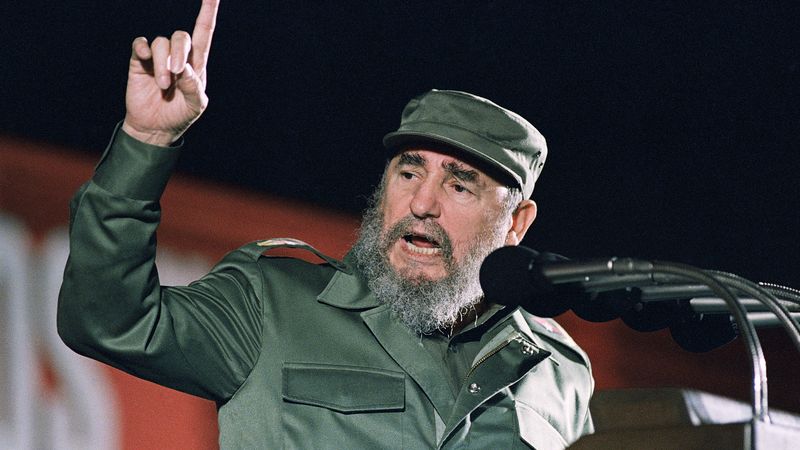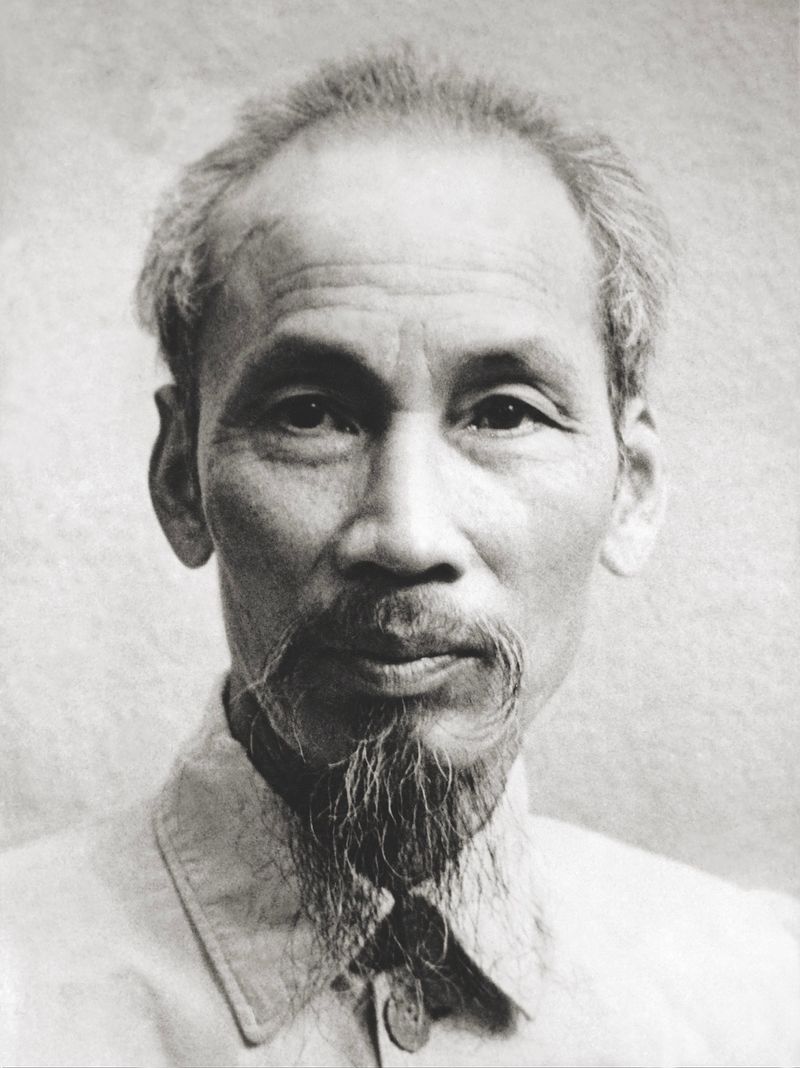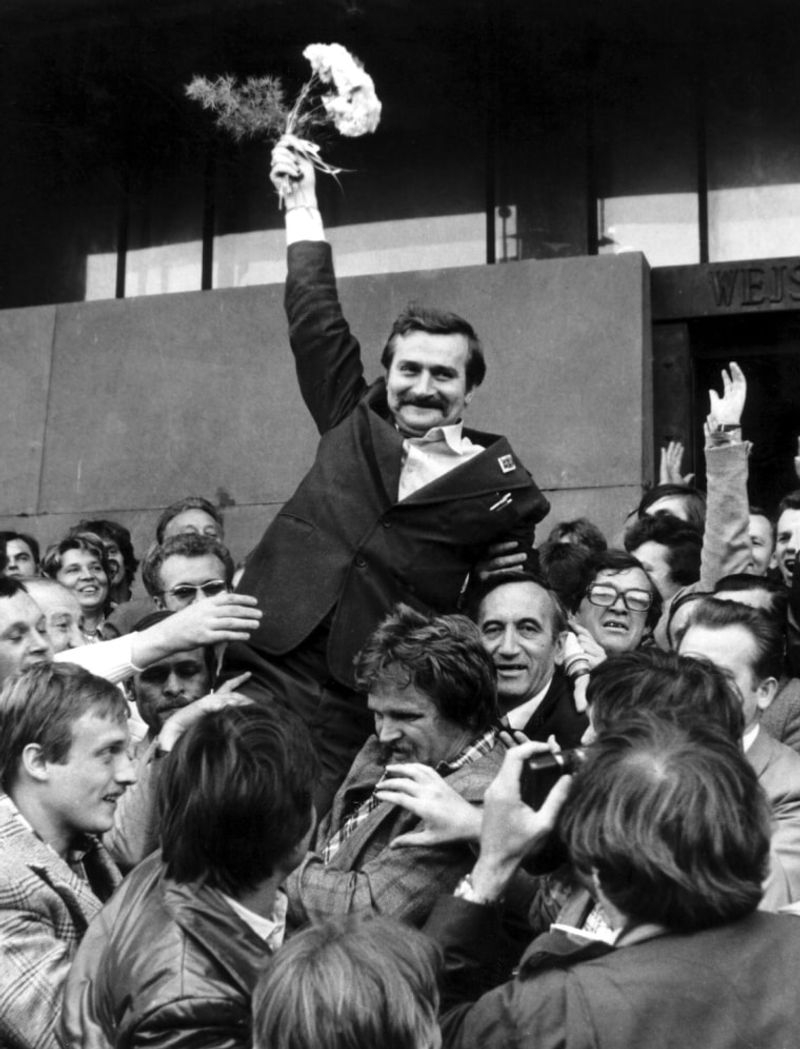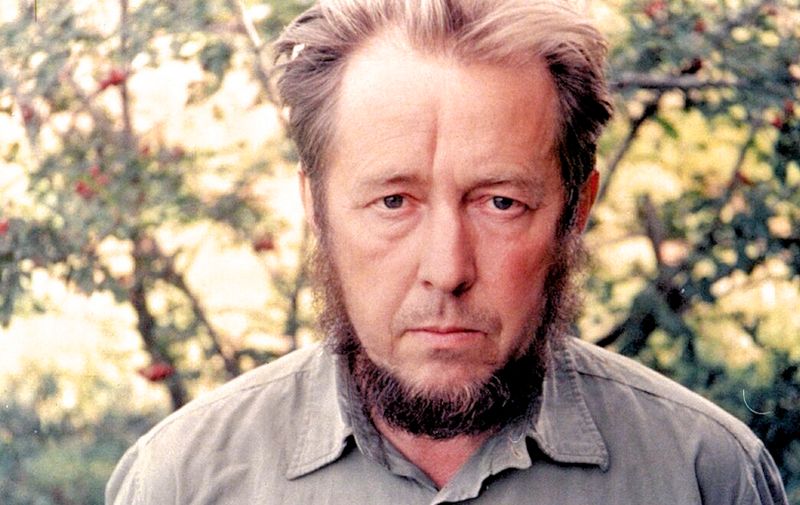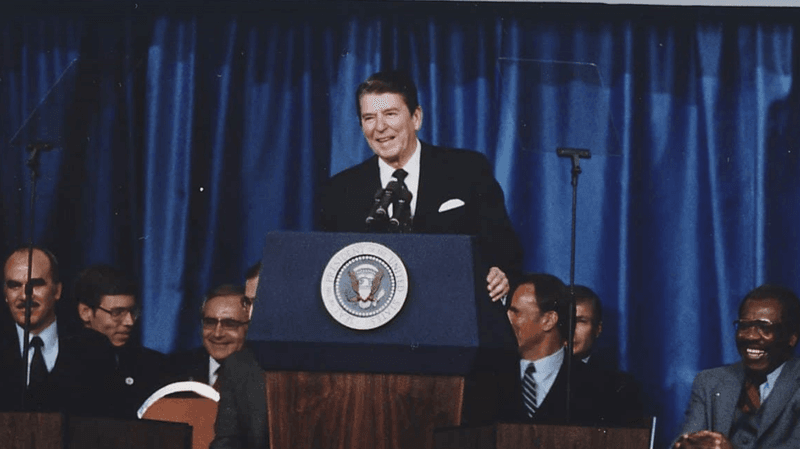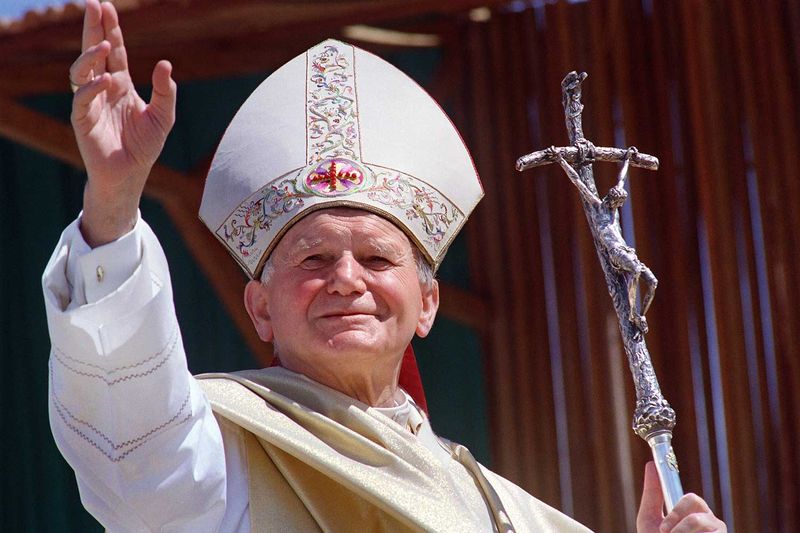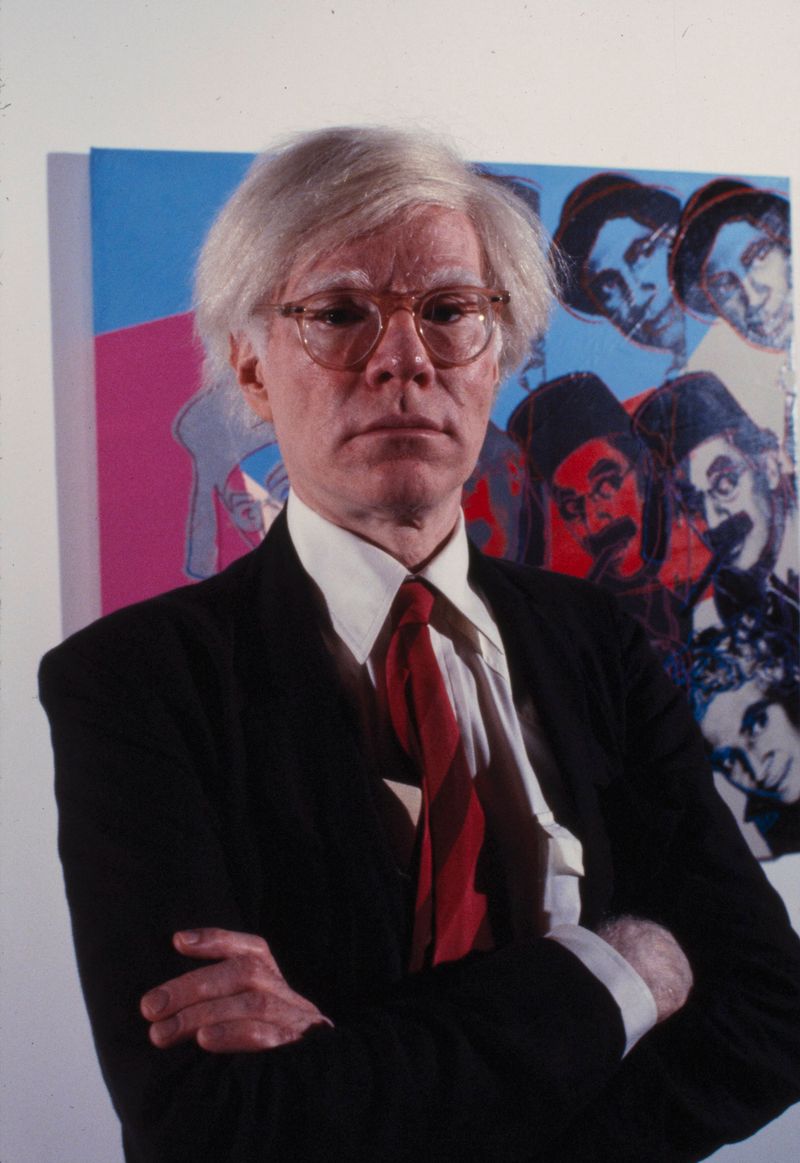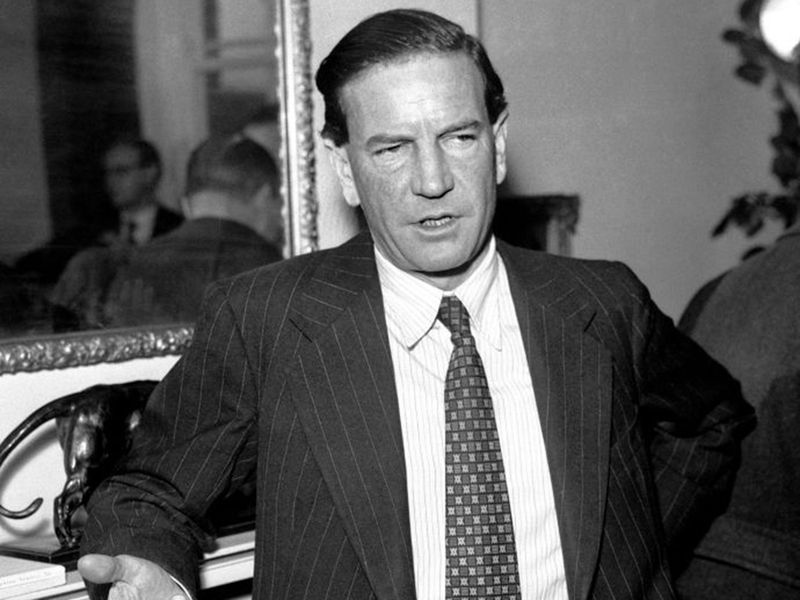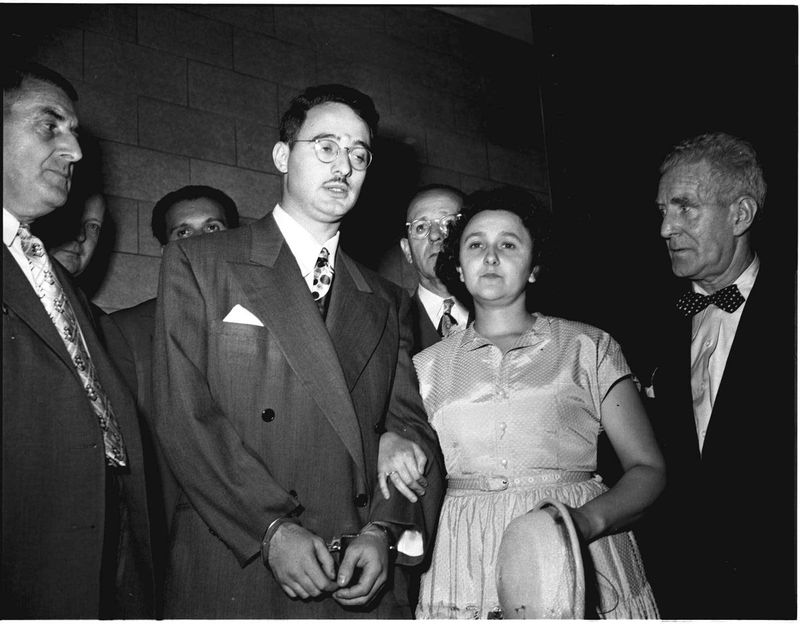Explore the lives and legacies of the most influential figures during the Cold War, a time of political tension and global conflict. Each played a unique role in shaping the geopolitical landscape, leaving a lasting impact on history.
1. Harry S. Truman (U.S. President, 1945–1953)
As the 33rd U.S. President, Harry S. Truman championed the containment of communism through the Truman Doctrine. He supported Europe’s recovery with the Marshall Plan and was instrumental in establishing NATO. Truman’s leadership set the tone for U.S. foreign policy during the Cold War era. Truman was a firm believer in democracy, often expressing his dedication to protecting free nations from oppression. His straightforward Missouri roots lent authenticity to his presidency. Under his guidance, the U.S. began its long-term strategy to counter Soviet influence worldwide.
2. Dwight D. Eisenhower (U.S. President, 1953–1961)
Dwight D. Eisenhower, formerly a five-star general, served as the 34th President of the United States. Known for his calm demeanor, Eisenhower launched the space race and promoted “Atoms for Peace” to counter nuclear threats. He oversaw covert operations to influence foreign governments, notably in Iran and Guatemala. Eisenhower’s military experience infused his presidency with strategic pragmatism. His focus on peace was evident even as he bolstered America’s nuclear arsenal. Eisenhower’s leadership style balanced firmness with diplomacy, leaving a legacy of cautious engagement in Cold War conflicts.
3. John F. Kennedy (U.S. President, 1961–1963)
John F. Kennedy, the charismatic 35th President, is remembered for navigating the Cuban Missile Crisis and advocating for space exploration. His iconic Berlin Wall speech underscored the divide between East and West, rallying support for democracy. Kennedy’s youthful energy and eloquence inspired a generation. His presidency was marked by a commitment to freedom, famously declaring, “Ich bin ein Berliner.” Determined to lead the U.S. to the moon, Kennedy’s vision expanded the frontiers of human achievement. His untimely death left a legacy of hope and progress during turbulent times.
4. Richard Nixon (U.S. President, 1969–1974)
Richard Nixon, the 37th President, played a pivotal role in easing Cold War tensions through détente with China and the USSR. His visit to China marked a turning point in diplomatic relations. Nixon’s strategic arms limitations talks (SALT I) showcased his pragmatic approach to nuclear disarmament. Despite his achievements, the Watergate scandal overshadowed his legacy. Nixon’s calculated diplomacy reflected his complex nature, balancing ambition with vulnerability. His efforts to reduce global tensions were innovative, yet his presidency ended in controversy, illustrating the dual nature of political leadership.
5. Margaret Thatcher (UK Prime Minister, 1979–1990)
As the UK’s first female Prime Minister, Margaret Thatcher was known for her strong anti-communist stance and alignment with U.S. President Ronald Reagan. Her leadership contributed significantly to the Cold War’s conclusion. Thatcher’s economic policies revitalized Britain, while her firm rhetoric against the Soviet Union cemented her as the “Iron Lady.” Her conviction in free markets and democratic values shaped Western policy. Thatcher’s leadership style was tenacious and unapologetic, inspiring both admiration and critique. Her legacy endures as a symbol of resilience and ideological clarity during tumultuous times.
6. Joseph Stalin (USSR Leader, 1924–1953)
Joseph Stalin, the authoritarian leader of the Soviet Union, established Soviet dominance in Eastern Europe and initiated the arms race. His ruthless policies and purges left a lasting impact on the USSR. Stalin’s iron grip extended across Eastern Bloc nations, forging a sphere of influence that defined Cold War geopolitics. Known for his enigmatic personality, Stalin’s rule was marked by both industrial progress and human suffering. His legacy is complex, reflecting the dual nature of power and fear. Stalin’s era set the stage for decades of Cold War tensions and ideological rivalry.
7. Nikita Khrushchev (USSR Leader, 1953–1964)
Nikita Khrushchev, known for his dynamic leadership, initiated de-Stalinization and pursued peaceful coexistence with the West. His bold decisions during the Cuban Missile Crisis marked a critical point in Cold War history. Khrushchev’s reforms aimed to modernize the Soviet Union while maintaining communist ideals. His colorful personality and willingness to challenge norms distinguished him from his predecessors. Khrushchev’s role in early space achievements, including Sputnik, demonstrated his ambition to showcase Soviet prowess. His tenure exemplified a blend of innovation and ideological fervor, leaving an indelible mark on the Cold War.
8. Leonid Brezhnev (USSR Leader, 1964–1982)
Leonid Brezhnev led the Soviet Union during a period of stagnation, marked by the Brezhnev Doctrine, which justified intervention in Eastern Bloc countries. His leadership saw the Soviet invasion of Afghanistan, exacerbating Cold War tensions. Brezhnev’s era was characterized by stability and repression, with limited economic progress. Known for his conservative approach, Brezhnev maintained the status quo while suppressing dissent. His emphasis on military strength contrasted with domestic challenges. Brezhnev’s leadership reflected the complexities of maintaining Soviet power, navigating between ideological commitments and practical governance.
9. Mikhail Gorbachev (USSR Leader, 1985–1991)
Mikhail Gorbachev’s tenure as Soviet leader brought transformative changes through policies of Glasnost (openness) and Perestroika (restructuring). These reforms aimed to revitalize the Soviet economy and political system but inadvertently led to its collapse. Gorbachev’s vision for a more transparent government challenged decades of secrecy. His diplomatic efforts eased Cold War tensions, earning him a Nobel Peace Prize. Known for his pragmatic leadership, Gorbachev’s legacy is one of profound change. His willingness to embrace reform paved the way for the end of the Cold War, leaving a legacy of hope and renewal.
10. George F. Kennan (U.S. Diplomat)
George F. Kennan, a distinguished American diplomat, was the architect of the “containment” strategy against the Soviet Union. His “Long Telegram” outlined the need to counter Soviet expansion, shaping U.S. foreign policy for decades. Kennan’s insightful analysis reflected his deep understanding of Soviet motives. His intellectual rigor and strategic foresight made him a key figure in Cold War diplomacy. Kennan’s advocacy for a balanced approach to Soviet relations was both influential and controversial. His legacy endures as a testament to the power of ideas in shaping global conflicts and strategies.
11. J. Edgar Hoover (FBI Director, 1935–1972)
J. Edgar Hoover, the long-serving FBI Director, played a pivotal role in America’s internal Cold War efforts. His leadership was marked by anti-communist investigations, including COINTELPRO and McCarthyism. Hoover’s focus on domestic threats shaped the national security landscape. Known for his meticulous nature, Hoover maintained extensive files on perceived subversives. His controversial methods and unyielding approach sparked both fear and criticism. Hoover’s tenure exemplified a relentless pursuit of security, often at the expense of civil liberties. His influence on American law enforcement and national policy remains a subject of debate.
12. Andrei Gromyko (USSR Foreign Minister, 1957–1985)
Andrei Gromyko, often called “Mr. Nyet” for his frequent use of the word ‘no,’ shaped Soviet diplomacy for decades. His tenure as Foreign Minister saw him as a steadfast negotiator during key Cold War events. Gromyko’s deep understanding of international relations made him an essential figure in Soviet policy. Known for his diplomatic skill, Gromyko navigated complex geopolitical landscapes with precision. His ability to maintain Soviet interests while engaging in high-stakes diplomacy was unparalleled. Gromyko’s legacy is a testament to the art of negotiation and the enduring impact of skilled diplomacy.
13. Oleg Penkovsky (Soviet Double Agent)
Oleg Penkovsky, a Soviet military intelligence officer, became a crucial double agent for the West during the Cold War. His intelligence provided critical insights during the Cuban Missile Crisis, earning him admiration in the West and execution by the USSR. Penkovsky’s bravery risked everything for a cause he believed in. His actions were pivotal in averting nuclear conflict and showcased the perilous world of espionage. The complexity of his motives and the profound impact of his actions underscore the intricate dynamics of Cold War intelligence. Penkovsky’s story remains a testament to courage and sacrifice.
14. Wernher von Braun (Nazi-turned-NASA scientist)
Wernher von Braun, a visionary rocket engineer, transformed from a Nazi scientist to a key figure in NASA’s Apollo missions. His development of the Saturn V rocket was instrumental in landing man on the moon. Von Braun’s passion for space exploration was unwavering, despite his controversial past. His ability to inspire and lead teams of scientists made him a pivotal figure in the space race. Known for his eloquence and ambition, von Braun’s contributions to science were groundbreaking. His legacy is a blend of innovation and ethical complexity, reflecting the multifaceted nature of scientific progress.
15. Sergei Korolev (Chief Soviet Rocket Designer)
Sergei Korolev, the mastermind behind the Soviet space program, led the development of the Sputnik satellite and Vostok missions. His engineering brilliance propelled the USSR to early victories in the space race. Korolev’s dedication to advancing human spaceflight was unparalleled, inspiring a generation of scientists and engineers. Despite facing political challenges, his leadership ensured the success of ambitious projects. Korolev’s legacy is marked by innovation and perseverance, exemplifying the spirit of exploration. His role in pioneering space travel remains a testament to the power of human ingenuity and vision.
16. Robert Oppenheimer (U.S. Nuclear Physicist)
J. Robert Oppenheimer, often called the “Father of the Atomic Bomb,” led the Manhattan Project to develop nuclear weapons. His leadership during this critical period of World War II was pivotal. Oppenheimer’s profound intellect and scientific acumen were matched by his later opposition to the hydrogen bomb. His moral reflections on nuclear weapons underscored the complexities of scientific responsibility. Known for his thoughtful demeanor, Oppenheimer’s legacy is a blend of triumph and ethical dilemma. His contributions to physics and his post-war advocacy for arms control left an enduring impact on global politics.
17. Fidel Castro (Cuban Leader, 1959–2008)
Fidel Castro, the revolutionary leader, transformed Cuba into a communist state and aligned closely with the Soviet Union. His leadership during the Bay of Pigs invasion and Cuban Missile Crisis solidified his defiance against U.S. influence. Castro’s charismatic oratory and strategic acumen shaped his enduring rule. Known for his resilience and radical reforms, he became a symbol of resistance. Castro’s complex relationship with global superpowers defined much of Cold War geopolitics. His legacy is marked by both admiration and controversy, reflecting the nuanced realities of revolutionary leadership in a polarized world.
18. Ho Chi Minh (North Vietnamese Leader)
Ho Chi Minh, the revolutionary leader of North Vietnam, played a central role in unifying Vietnam under communist rule. His leadership against U.S.-backed South Vietnam was marked by determination and strategic brilliance. Ho’s steadfast commitment to Vietnamese independence made him a revered figure. Known for his simplicity and humility, he inspired countless followers. His ability to forge alliances and inspire a nation underscored his political acumen. Ho’s legacy is one of resilience and ambition, reflecting the complexities of Cold War conflicts. His impact on Vietnam and global history remains profound and enduring.
19. Lech Wałęsa (Polish Union Leader)
Lech Wałęsa, a shipyard worker turned union leader, founded the Solidarity movement, a major resistance force in the Eastern Bloc. His leadership challenged communist rule in Poland, leading to significant political change. Wałęsa’s courage and charisma made him a symbol of peaceful resistance. Known for his tenacity and common touch, he galvanized workers for democratic reform. Wałęsa’s impact transcended Poland, inspiring global movements for freedom. His legacy as a Nobel Peace Prize laureate and later President of Poland underscores the power of grassroots activism in shaping history.
20. Aleksandr Solzhenitsyn (Soviet Dissident Writer)
Aleksandr Solzhenitsyn, a courageous dissident writer, exposed the brutal realities of Soviet labor camps in his seminal work, The Gulag Archipelago. His writings illuminated the human cost of totalitarian regimes. Solzhenitsyn’s unwavering dedication to truth and justice made him a beacon of hope. Known for his profound storytelling and moral insight, he inspired a global audience. His exile and subsequent return to Russia underscored his resilience. Solzhenitsyn’s legacy is a testament to the power of literature in challenging oppression and sparking change, leaving an indelible mark on history.
21. Ronald Reagan (U.S. President, 1981–1989)
Ronald Reagan, the 40th President of the United States, is remembered for his staunch anti-communist policies and the Strategic Defense Initiative (SDI), popularly known as Star Wars. His “Evil Empire” speech galvanized opposition to the Soviet Union. Reagan’s leadership style combined optimism with firm resolve, influencing global perceptions of the Cold War. His economic policies pressured the USSR, contributing to its eventual collapse. Known for his charismatic communication, Reagan inspired a renewed national confidence. His presidency marked a transformative period in Cold War history, underscoring the power of vision and diplomacy.
22. Pope John Paul II (1978–2005)
Pope John Paul II’s papacy was marked by his unwavering commitment to human rights and opposition to communism. His visits to Poland inspired the Solidarity movement, challenging Soviet influence in Eastern Europe. Known for his moral authority and compassion, he became a spiritual leader for millions. John Paul’s emphasis on dignity and freedom resonated globally. His role in undermining communist regimes was profound, earning him a place in Cold War history. His legacy as a peacemaker and advocate for social justice continues to inspire, reflecting the enduring power of faith in global affairs.
23. Andy Warhol (U.S. Artist)
Andy Warhol, the enigmatic pop artist, used his art to reflect the contrasts between Western freedom and Soviet rigidity. His innovative style challenged traditional art forms and celebrated consumer culture. Warhol’s work, including iconic pieces like the Campbell’s Soup Cans, became symbols of modernity. Known for his eccentric personality, Warhol’s influence extended beyond art, shaping cultural perceptions. His ability to capture the zeitgeist of an era made him a pivotal figure in the cultural Cold War. Warhol’s legacy endures as a testament to creativity and the enduring impact of art on society.
24. Kim Philby (British Double Agent for USSR)
Kim Philby, a high-ranking British intelligence officer, betrayed Western secrets to the Soviet Union. His role as a double agent was one of the most damaging espionage cases of the Cold War. Philby’s charm and intellect masked his true allegiances, enabling him to operate undetected for years. Known for his cunning and duplicity, his actions compromised countless operations. Philby’s defection to the USSR underscored the complex world of espionage and intrigue. His legacy is a cautionary tale of loyalty and betrayal, reflecting the intricate dynamics of Cold War intelligence warfare.
25. Julius & Ethel Rosenberg (U.S. Spies for USSR)
Julius and Ethel Rosenberg, American citizens, were convicted of espionage for passing atomic secrets to the Soviet Union. Their trial and execution became emblematic of Cold War paranoia and justice. The Rosenbergs’ case sparked intense debate over due process and civil liberties. Known for their unwavering conviction in communism, their actions highlighted the era’s ideological battles. Their legacy remains controversial, with some viewing them as martyrs and others as traitors. The Rosenbergs’ story reflects the complexities of loyalty, justice, and ideology during a time of heightened tension and fear.
